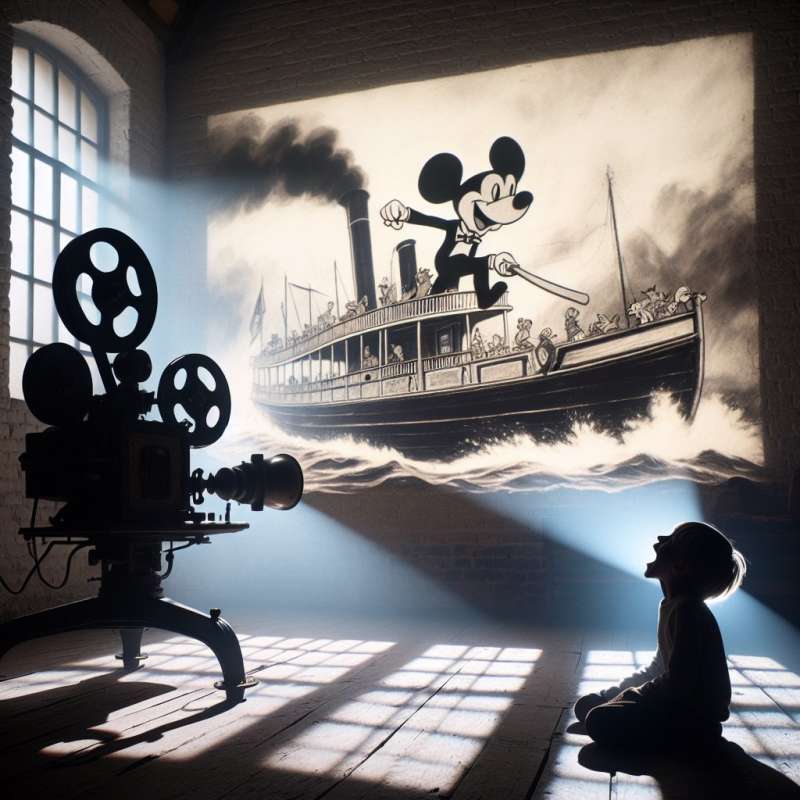
Cartoons: Early Beginnings
The word 'cartoon' originates from 'cartone', an Italian term for strong, heavy paper. Early cartoons were not humorous illustrations but full-scale design drawings for frescoes, tapestries, and stained glass.
First Animated Cartoon
The first animated cartoon is attributed to French artist Émile Cohl. In 1908, he created 'Fantasmagorie', a short film comprised of 700 drawings that took viewers on a surreal journey.
Disney's Technological Leap
Walt Disney's 'Steamboat Willie' (1928) was the first cartoon with synchronized sound. This innovation propelled Mickey Mouse to fame and changed the future of animated entertainment.
Anime Revolutionizes Cartoons
Originating in Japan, anime has become a global phenomenon. 'Astro Boy' by Osamu Tezuka, first broadcast in 1963, is recognized as the progenitor of modern anime.
Cartoons' War-time Role
During World War II, cartoons served as propaganda tools. Iconic characters like Bugs Bunny and Donald Duck were featured in shorts that promoted war bonds and military enlistment.
Satire in Animation
Satirical cartoons have a long history, with modern examples including 'The Simpsons' and 'South Park'. They provide social commentary that can influence public opinion and spark debate.
Cartoons in Education
Educational cartoons like 'Magic School Bus' and 'Dora the Explorer' have revolutionized learning for kids, making it fun and engaging while teaching valuable lessons and cultural diversity.
What's 'cartone' in cartoon history?
Humorous illustrations
Heavy paper for designs
First animation technique
Company